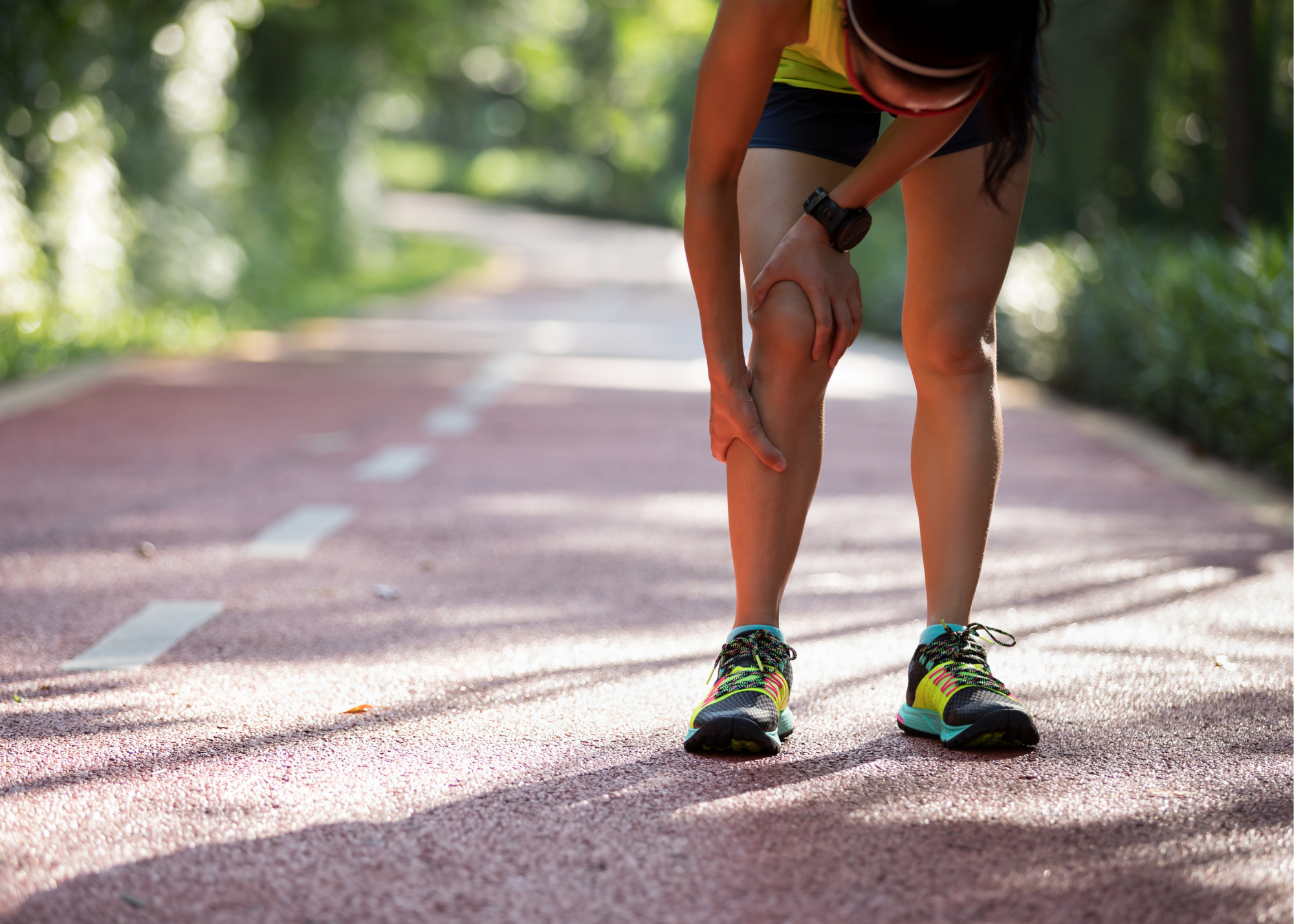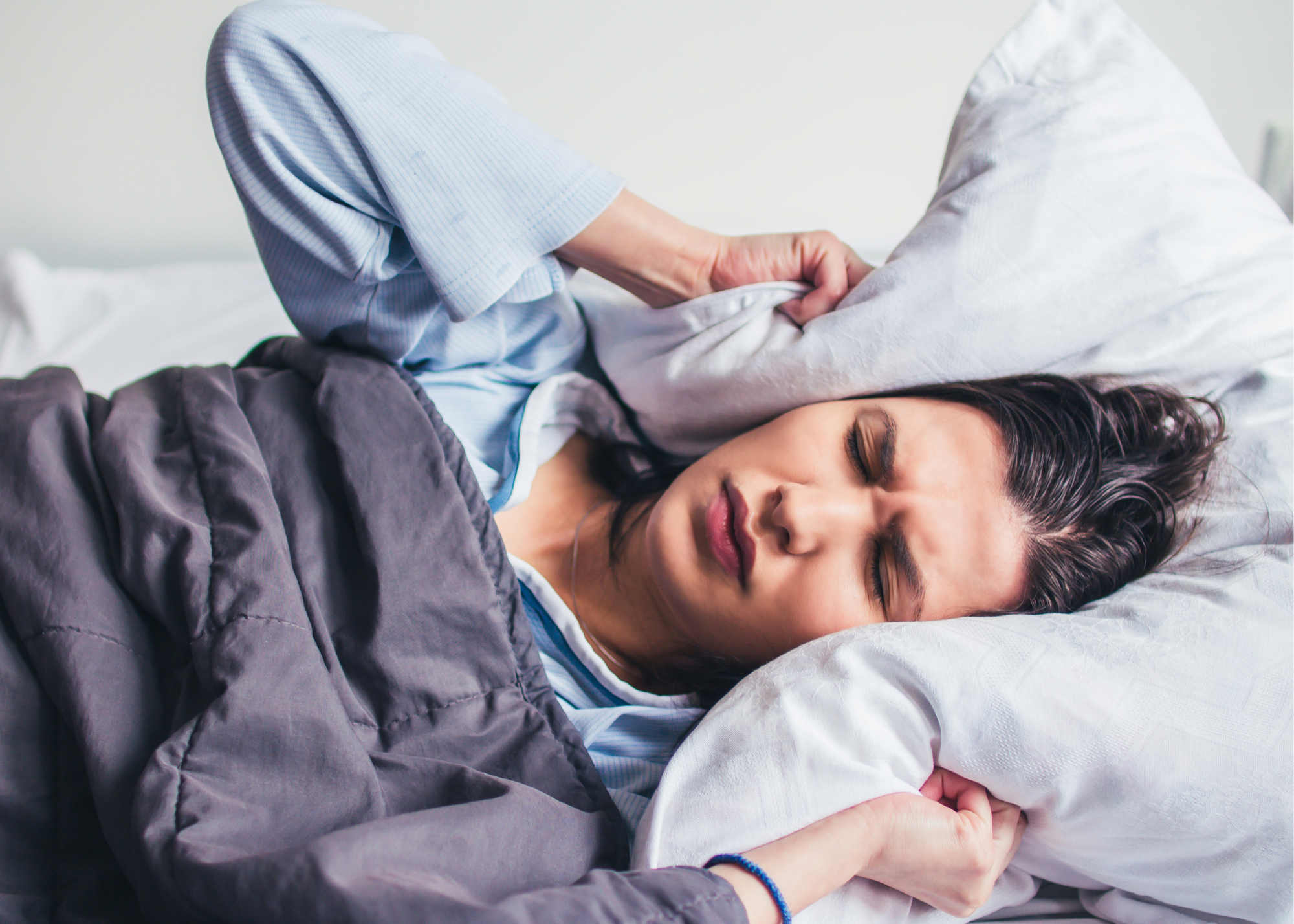10 Research Projects to Watch in 2021
Arthritis Research Canada-Arthrite-recherche Canada’s scientific team is tackling challenges faced by millions of Canadians who live with arthritis. Challenges that make going to work, taking care of families, pursuing goals, thriving during a pandemic and more – feel impossible. We may not be able to find a cure, but we are working every day to identify ways to prevent arthritis, facilitate early diagnosis, provide new and better treatments and improve quality of life. At Arthritis Research Canada, we help people triumph over arthritis because life doesn’t end after diagnosis.
Here are some arthritis research projects to watch in 2021:
Preventing knee osteoarthritis post sport injury

In Canada, about 500,000 youth hurt their knees every year while playing sports. Half of them go on to develop knee osteoarthritis (OA) at a young age. The treatment of youth knee injuries tends to focus on returning to playing sports, with little emphasis on OA prevention and education following an injury. With a team of patients and healthcare providers, we have created a new online exercise-based program to help boost recovery from a knee injury and reduce the risk of osteoarthritis.
Have arthritis? Don’t quit your day job!

It can be hard to keep working while managing arthritis full-time. That’s why we’ve developed a program called Making it Work™. This unique intervention helps people with inflammatory arthritis maintain employment – an aspect of disease management that is often overlooked by health care professionals. We had previously tested a face-to-face version of the program, but have now created a web-based version. This will allow a larger number of people to benefit from the program, especially those living in areas with fewer services.
Arthritis and mental health: It matters!

The goal of this research is to study mental health in people living with arthritis. Despite the complex relationship between arthritis and psychiatric conditions, it is an understudied issue. This research is the first of its kind in Canada to look at mental health in people with arthritis. This project will improve awareness about how having arthritis affects mental health and how we can improve care for patients.
Living in pain? Have your voice heard!

No one knows more about pain than the people who live with it. Citizen Science is a social movement that gets the public to join forces with health scientists to learn more about pain. By sharing your experiences and theories about pain on the Citizen Science platform, you can help health scientists identify the best questions to ask when they are researching ways to understand and treat pain.
COVID-19 and autoimmune disease

Many patients with autoimmune disease use medications that suppress or modulate the immune system. These individuals have expressed fear that they are more at risk of getting COVID-19, being sicker with it, having long-lasting complications, or dying. Using British Columbia health data, we are conducting research to determine whether people who take medications that affect the immune system are more at risk of getting COVID-19 and having serious outcomes compared to people who get COVID-19 but don’t take these medications.
Self-care during the COVID-19 pandemic

People who have rheumatoid arthritis do better when they are supported and encouraged in their self-care. OPERAS (On-demand Program to EmpoweR Active Self-management) is an easy to use web/mobile app designed by our researchers so that people with RA can track their health. This app allows people to “see” how their symptoms and physical activity levels change over time, together with their treatments. We will now use this app to examine the impact of COVID-19 on the health of people living with RA and to help patients better manage their symptoms during and after the pandemic.
Have hip pain? Osteoarthritis may be to blame.

Hip osteoarthritis (OA) is one of the most common joint diseases and a main reason for hip replacement. Hip OA causes pain and stiffness in the hip and can make it hard to do everyday tasks. A condition called femoroacetabular impingement (FAI) may lead to OA. We previously conducted a study on people with and without FAI, and with and without hip pain. We are now assessing those same people, seven years later, using similar procedures to determine whether people with FAI, compared to those without FAI, are at greater risk of developing OA on MRI. We are also interested in evaluating whether different types of physical activity, alone or in combination with FAI, predict who gets early hip OA.
Everyday activities and arthritis

Other than physical activity, there is little research data on the types of activities that support living well with inflammatory arthritis. We’re exploring the health benefits of everyday activities, with a focus on the social and creative aspects of those activities. To identify the impact of arthritis on engaging in daily activities, we are studying adults with and without inflammatory arthritis and measuring the differences between the two groups. We expect results to identify the attributes of different activities that promote health, and offer activity recommendations for people living with inflammatory arthritis.
Biosimilars: Are they really created equal?

Biologic medications or ‘Biologics’, also known as anti-TNF agents, have provided major advances to the treatment of rheumatoid arthritis, psoriatic arthritis and ankylosing spondylitis. But their high cost can be a major barrier to their use and contributes to inequalities of care. In 2019, British Columbia launched the Biosimilars Initiative, which mandates patients’ prescriptions be switched from biologic drugs to their less costly biosimilar versions. Research in clinical trials shows biologic and biosimilar drugs to have similar effectiveness and safety profiles. Our research is gaining further evidence from real-life clinical care settings, over long periods of time and in large samples in the province of BC.
Sleep problems and systemic lupus erythematosus

Sleep disturbances, including difficulty falling asleep, staying asleep, and/or waking up early in the morning are all symptoms of insomnia. Up to 80 per cent of people with systemic lupus erythematosus (SLE) report sleep issues, which worsen other symptoms like fatigue, pain, and depression. This study will adapt an internet-delivered cognitive behavioural therapy for insomnia intervention to the needs of patients living with SLE and experiencing insomnia. This study fills an important gap in SLE care and will provide new knowledge on the acceptability and preliminary benefits of a nondrug intervention for managing insomnia in SLE.























































